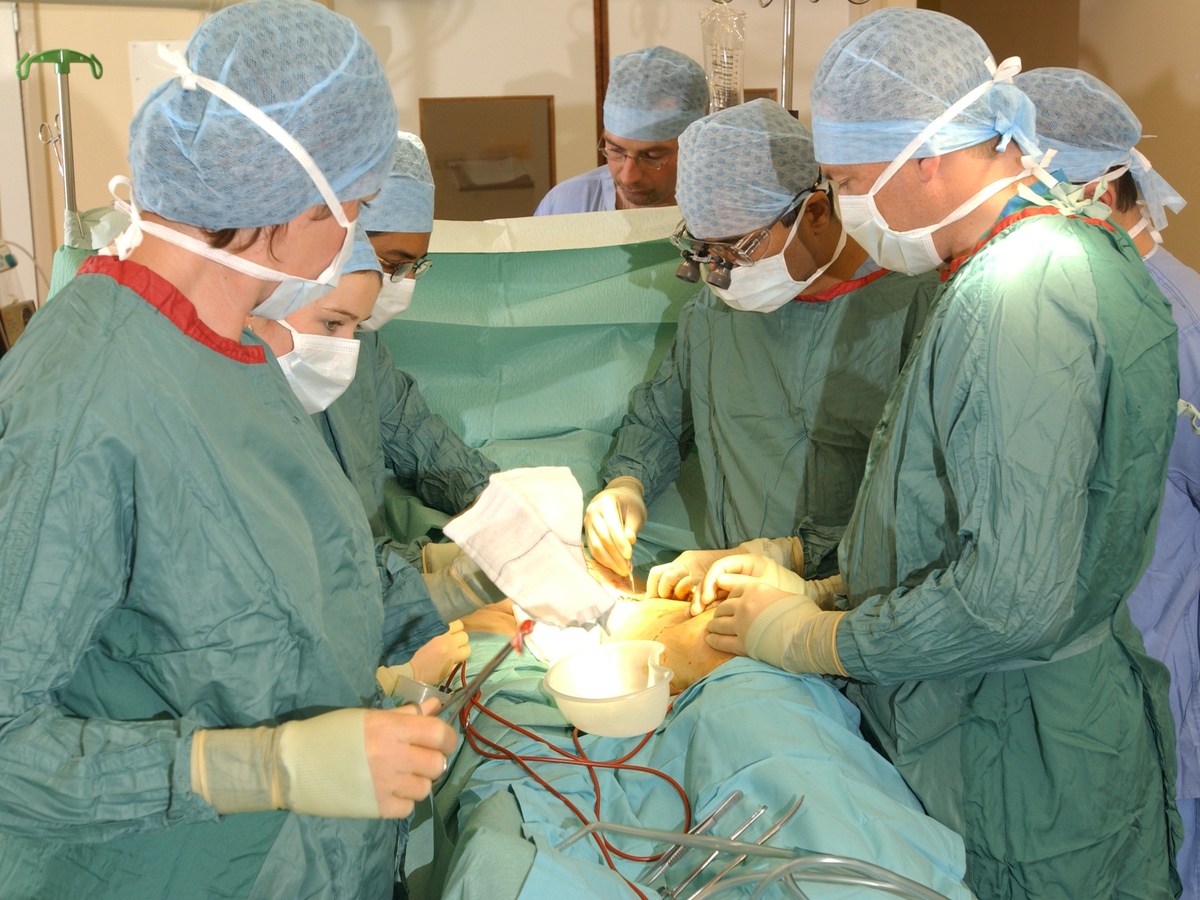Steps towards a kidney transplant
This outlines the entire kidney transplant process
Key points
- Your kidney doctor will discuss your options with you and arrange any transplant tests
- It may take a long time to match you to a suitable donor, and sometimes a donor cannot be found
- A transplant is a major operation and complications can arise during and after surgery
- After a transplant, you will need to take daily medicines for as long as the transplant continues to work
1. Discuss your options with a doctor
 Your kidney doctor will be able to advise on whether a kidney transplant is the right treatment for you. They will discuss the benefits and risks with you, along with possible alternative treatments.
Your kidney doctor will be able to advise on whether a kidney transplant is the right treatment for you. They will discuss the benefits and risks with you, along with possible alternative treatments.
Having a kidney transplant is a big decision and every patient's case is unique. Finding a donor is not always easy. You will need to take daily medicines for as long as the kidney transplant continues to work and there is a chance the transplant will fail. But if it does function, a transplant is the most effective treatment for kidney failure.
2. Referral to a transplant unit
 Clinical teams usually work closely with one preferred transplant unit, often the nearest one.
Clinical teams usually work closely with one preferred transplant unit, often the nearest one.
If you want to be referred to a specific transplant unit, then the advantages and disadvantages of this should be discussed with your kidney doctor. Sometimes there can be differences in waiting times between transplant units.
3. Tests to see if you’re suitable for a kidney transplant
 If your doctor thinks a kidney transplant is a possible treatment, they will arrange for you to have a series of tests.
If your doctor thinks a kidney transplant is a possible treatment, they will arrange for you to have a series of tests.
These are to find out whether your body can cope with the surgery and whether you have certain antibodies, which could make it more likely for your body to reject the transplant.
4. Waiting for a kidney
 This can be a lengthy process as it relies on matching you with a compatible donor. Kidneys can be donated from a living or deceased donor. There are many advantages of receiving a kidney from a living donor. These include shorter waiting times, and your donated kidney being more likely to work straight away and remain working for longer.
This can be a lengthy process as it relies on matching you with a compatible donor. Kidneys can be donated from a living or deceased donor. There are many advantages of receiving a kidney from a living donor. These include shorter waiting times, and your donated kidney being more likely to work straight away and remain working for longer.
To receive a kidney from a deceased donor you will need to go on the national transplant list and wait to be matched with a suitable kidney. If you are offered a kidney, your transplant team will let you know of the risks from the donated organ.
5. Being admitted to the transplant centre
 If you and your transplant team decide to accept an offered kidney, you will be asked to come to the transplant centre. You’ll have tests to check the surgery can go ahead, and you may need dialysis.
If you and your transplant team decide to accept an offered kidney, you will be asked to come to the transplant centre. You’ll have tests to check the surgery can go ahead, and you may need dialysis.
Your surgeon will explain how the operation will be performed and discuss the risks and benefits. The kidney will be checked to make sure it is suitable for transplantation.
6. Having kidney transplant surgery
 A kidney transplant is a major operation that lasts between 2-4 hours. Most patients only require one kidney, but sometimes the surgeon will recommend transplanting two.
A kidney transplant is a major operation that lasts between 2-4 hours. Most patients only require one kidney, but sometimes the surgeon will recommend transplanting two.
Plastic tubes will be inserted into your neck and arms for administering fluids and medicines. You will also be given a catheter tube to remove urine from your bladder. These tubes will be taken out at a later date.
7. After a kidney transplant
 You will need to stay in hospital for 1-2 weeks, sometimes longer. Most transplanted kidneys start working within a week of the operation.
You will need to stay in hospital for 1-2 weeks, sometimes longer. Most transplanted kidneys start working within a week of the operation.
Your transplant team will monitor your progress and let you know when you can go home. You will need follow-up appointments at the hospital, and extra support can be arranged at home, if needed. You will also need to take daily medicines to prevent rejection.


